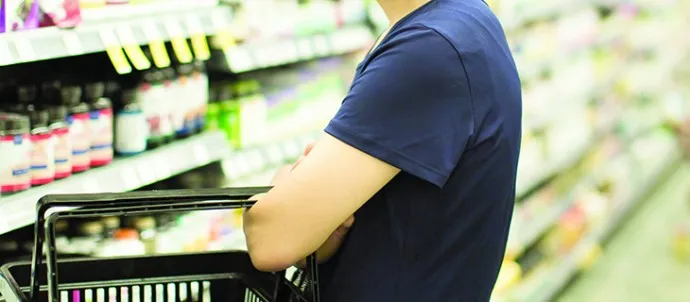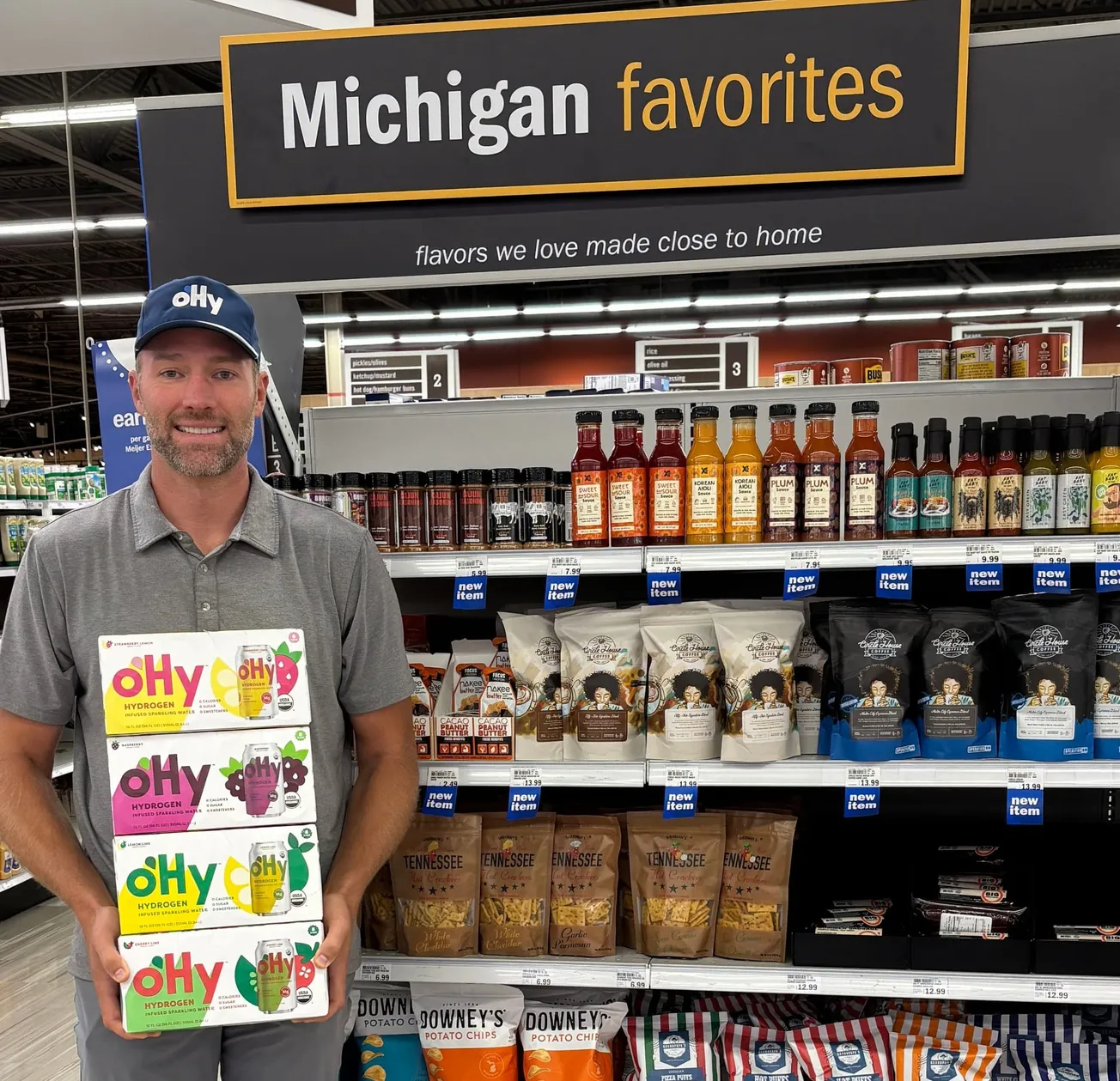ARLINGTON, Va. — Despite the hardships brought on by the pandemic, the “road ahead is now totally open” for retailers, WSL Strategic Retail CEO and chief shopper Wendy Liebmann said during a webinar sponsored by the National Association of Chain Drug Stores on Thursday.
In her virtual presentation, Future Shop: A Shopper-centric View to 2022-2024, Liebmann described the current state of the pandemic in terms of its impact on the industry as having moved from “chaos to clarity” and provided retailers with a glimpse of what things might look like over the next few years.
As retail strategists, Liebmann said everything those in the industry do must be grounded in the shopper and viewed from the lens of what the shopper sees and thinks. “If you follow the shopper, you will see the future, but you need to pay attention,” Liebmann said, adding that the key to success going forward is anticipating change in shoppers and then as retailers reacting to that change by asking ‘what do the shoppers need, what are their values?’ and then figuring out how to respond in way to meet those changing needs and grow.

Wendy Liebmann
Liebmann’s insights are gleaned from research she conducts in the U.S. on “how America shops” which looks across all retail format categories in the broad universe of shopping then whittles that information down to specific shoppers for specific retailers.
Though 2020 was “more intense than ever,” Liebmann said there has also been many examples of extraordinary inspiration across the globe. “And even in this moment of lockdown and pandemic, we’ve seen some extraordinary innovation,” she said.
In Liebmann’s estimation, the pandemic, which has taken more than 400,000 deaths in the U.S. thus far with those numbers continuing to rise, frames “everything” that is taking place right now the industry. But buried in the darkness of the pandemic and all that has happened during it — unemployment numbers, businesses collapsing, growing food lines, protests — Leibman pointed to what she sees a light within that darkness. “On the other hand, we have a booming stock market. We had sales at Christmas that nobody would have anticipated. The Capitol was stormed, but two weeks later it was stormed again as a new generation of Americans rose to the podium to talk to us about the hill to climb.”
And through of all of this tumult, American shoppers, Liebmann noted, have moved on because “that’s what they, and we do.”
A significant change in shopping patterns due to the pandemic is that a broader group of people are now responsible for shopping for others. According to Liebmann’s research, 48% of the population say they are now responsible for shopping for others who were not before the pandemic. Those “others” could be friends, family, or older neighbors; and that number increases the younger the shoppers with 64% of Gen Z and 62% of millennials report doing shopping for others.
Additionally, a third of people saying they’re now responsible for the medical and health care of someone else. And often, as Liebmann pointed out, that entails shopping as well as helping an older friend or family member go about getting vaccinated or helping them with technology necessary for navigating the pandemic.
“The other thing that’s grounded in the road ahead of course are the financial concerns,” Liebmann said, adding there is no doubt there is a lot of financial pessimism in the air. In studying the current financial climate, Liebmann found that when asked about financial security in the coming year 42% say they feel as secure as they did a year ago. However, 35% say they are more pessimistic than they were in 2019.
These statistics, in large part, reflect the power of the pandemic to influence not only those who are sick, but to influence our collective mindset as even those who report feeling financially secure are being more financially cautious than in prior years.
“Now we’re seeing what we call a cautious pause emerge again,” Liebmann said, explaining that before making a purchase shoppers are thinking twice about a given product and if it’s really needed before parting with their money. It’s an uncertain economy with more uncertainty ahead, which is forcing shoppers to focus less on non-essentials and prioritize those items and goods that are.
Another major factor is that there is a strong desire to make life easier, to take the stress out of life, a trend which has been gaining traction for some time now but has accelerated with the pandemic. “It’s more important for me to relax. It’s more important to me to pay attention to my mental health. It’s more important for me to make my life easier,” Leibman said.
And not surprisingly, people are most concerned about avoiding germs, safety, and security. “So when I think about what’s the framework of everything we need to do and deliver, I think about appreciation on one side — I need to deliver and help people, you know, appreciate what they have,” she said. “And I need to make sure they’re safe and secure on the other all the while taking the stress out of their lives. And there are other things that are more important to them now, important to buy healthier options. And again, this is people who now say they want to do more of this. So a third of the population is now saying they really consider paying more for healthier choices. I mean, it’s a pandemic, all right, we’re learning about things like immunity. How do we take care of ourselves, protect ourselves now?”
Liebmann also pointed to telemedicine as a growing trend accelerated by the pandemic, and not just for physical health but for mental health as well and for consulting pharmacists.
So amid all the disruption and chaos retailers have to grapple with during this pandemic to continue to satisfy their shoppers and meet their needs and wants, there’s opportunity for those who can roll with the punches and ride out the turbulence.
Liebmann illustrated this point by quoting author Joshua Cooper Ramo who wrote in his 2009 book The Age of the Unthinkable: This is the time in this crisis in a revolutionary era of surprise and innovation. You need to act and think like a revolutionary.
“Think about what that means,” Liebmann said. “Stick that on your wall every day. Am I thinking and acting like a revolutionary?”






